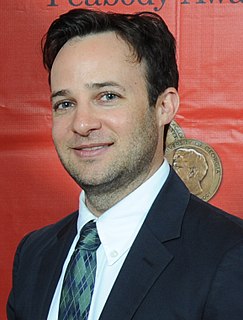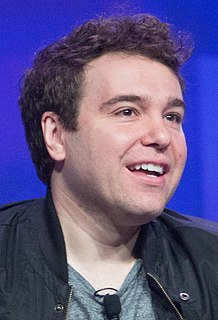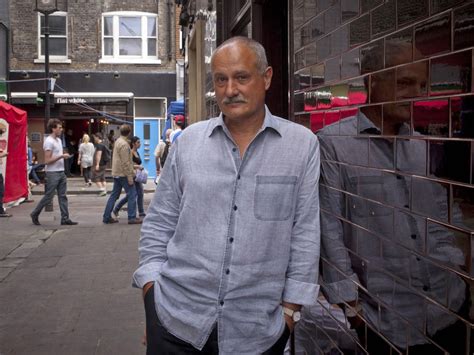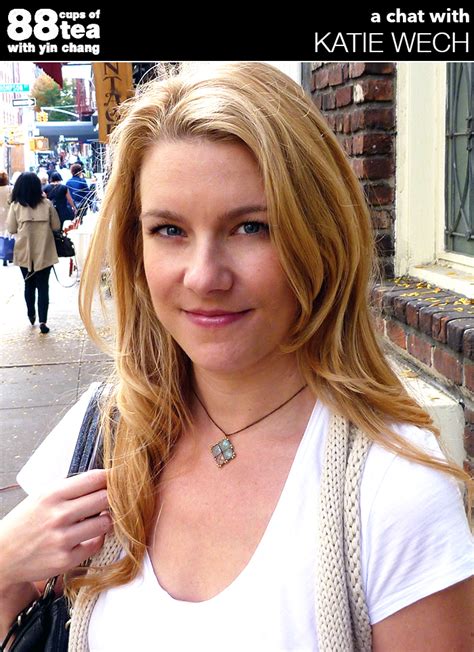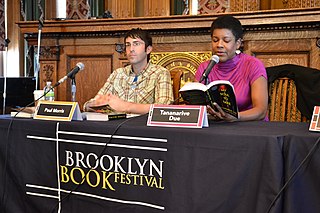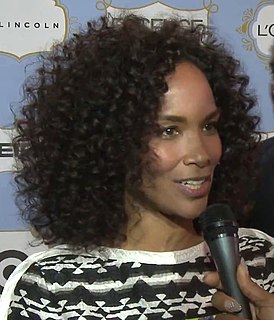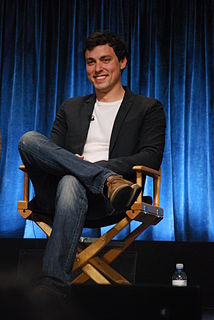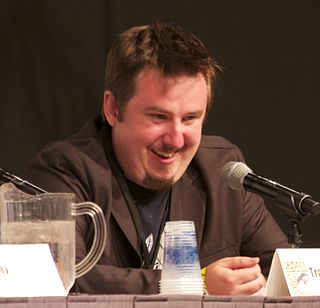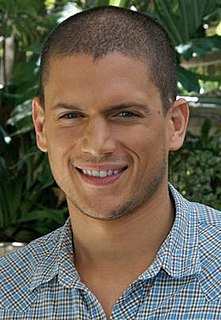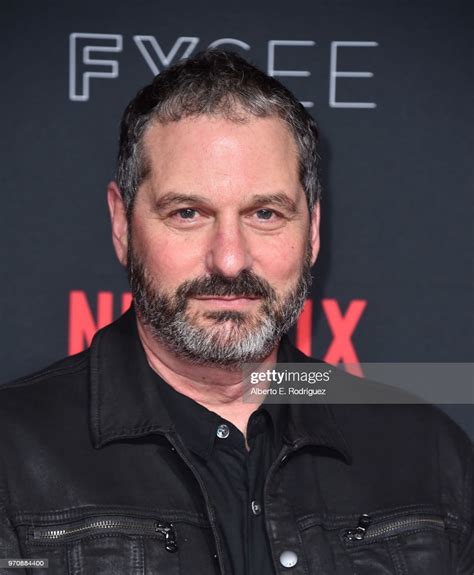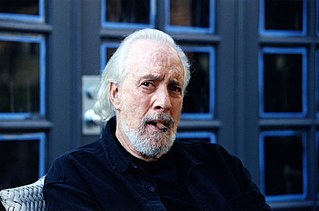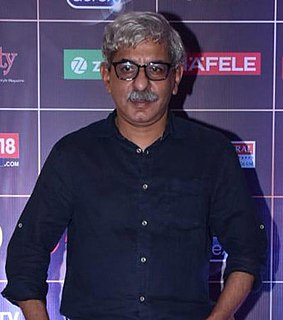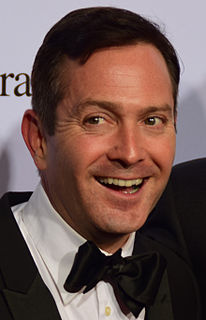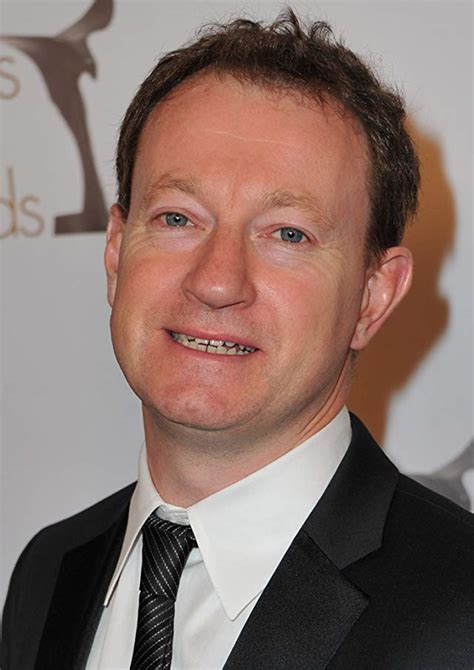Top 136 Screenwriting Quotes & Sayings - Page 2
Explore popular Screenwriting quotes.
Last updated on April 19, 2025.
I thought The Big Short deserved a nomination because Adam MacKay is one of the best filmmakers. A lot of what he does deals in comedy and he co-produces with Will Farrell, people don't really give it the credit that it deserves. I think that they actually do great screenwriting and they make great films, very entertaining.
It's very important for an audience to know where they are and why they are there in a musical. It allows them to relax and follow this form that operates in shorthand. So the economy of the form, in many respects, is why a lot of screenwriting is so sleek. Because the visuals are where the explosions happen.
I was a screenwriting major in college, and really wanted to do that after I graduated, but there are no job listings for that, as we all know. I had many classmates that made it in the business, but stand-up comedy was my way in, and my first film 'Sleepwalk with Me' was based on those autobiographical experiences.
You know, my problem with most screenwriting is it is a blueprint. It's like they're afraid to write the damn thing. And I'm a writer. That's what I do. I want it to be written. I want it to work on the page first and foremost. So when I'm writing the script, I'm not thinking about the viewer watching the movie. I'm thinking about the reader reading the script.
Every inch of my writing career has been influenced by my screenwriting education. I was lucky enough to go to film school at USC, and I got a crash course in how to tell a story efficiently. I learned structure, pace, my style, how to know your audience, and most importantly, how to take criticism and edits properly.
I enjoy both acting and screenwriting, in completely different ways. You have more creative freedom with writing because you can create everything that happens. But, as an actor you also have creative freedom because you don't so much focus on what has to move the story along, and only on how your character is reacting to situations.
I've never read a book or attended a class on screenwriting. I'm not opposed to the idea, but I like what I've got going on naturally and want to protect that. The one question I will ask myself as I'm re-reading a script for the 60th time is, 'Am I entertained? Still?' If the answer is 'yes,' I'll assume other people will be, too.
Even with college, the reason I wanted to go so badly is because I wanted to major in film. I want to take screenwriting classes and learn more about behind the scenes stuff, because I love people like Steve Carell and Kristen Wiig who are able to write a lot of their own material and be so involved in everything they do.
And how deeply do I let business considerations affect [screenwriting] choices that might otherwise be more or less esthetic? . . . Do I choose the upbeat rather than the downer ending because I know it will score better at the preview? Can the idea be sold in a single sentence? Can it compete with space aliens and tornadoes and missions impossible?
What makes screenplays difficult are the things that require the most discipline and care and are just not seen by most people. I'm talking about movement - screenwriting is related to math and music, and if you zig here, you know you have to zag there. It's like the descriptions for a piece of music - you go fast or slow or with feeling. It's the same.
It's so fantastic to see redditors thriving because Reddit was able to be a part of their journey. Over the last decade, we've seen countless people improve their lives because of it - from quitting addiction to getting a Hollywood screenwriting deal - and I hope there will be many more talents who'll be discovered on our platform.
